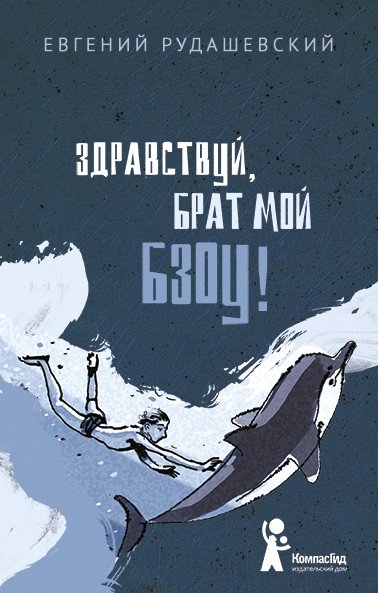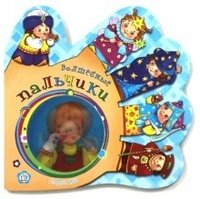-
×
 Медвежатки на полянке | Little Bears in the Meadow
1 × $14.99
Медвежатки на полянке | Little Bears in the Meadow
1 × $14.99 -
×
 Учимся говорить | Learning to Speak
1 × $14.99
Учимся говорить | Learning to Speak
1 × $14.99 -
×
 Фрукты - овощи | Fruits - Vegetables
1 × $16.99
Фрукты - овощи | Fruits - Vegetables
1 × $16.99 -
×
 Загадки | Riddles
1 × $14.99
Загадки | Riddles
1 × $14.99 -
×
 Эффект ореола ...и другие восемь иллюзий, вводящие менеджеров в заблуждение
1 × $28.99
Эффект ореола ...и другие восемь иллюзий, вводящие менеджеров в заблуждение
1 × $28.99 -
×
 Забавный Кошкин Дом: Развивающая Книга для Малышей | Fun Kitty House: Educational Book for Toddlers
1 × $12.99
Забавный Кошкин Дом: Развивающая Книга для Малышей | Fun Kitty House: Educational Book for Toddlers
1 × $12.99 -
×
 Детки в клетке | Kids in a Cage
1 × $13.99
Детки в клетке | Kids in a Cage
1 × $13.99
Subtotal: $117.93

 Медвежатки на полянке | Little Bears in the Meadow
Медвежатки на полянке | Little Bears in the Meadow  Учимся говорить | Learning to Speak
Учимся говорить | Learning to Speak  Фрукты - овощи | Fruits - Vegetables
Фрукты - овощи | Fruits - Vegetables  Загадки | Riddles
Загадки | Riddles  Эффект ореола ...и другие восемь иллюзий, вводящие менеджеров в заблуждение
Эффект ореола ...и другие восемь иллюзий, вводящие менеджеров в заблуждение  Забавный Кошкин Дом: Развивающая Книга для Малышей | Fun Kitty House: Educational Book for Toddlers
Забавный Кошкин Дом: Развивающая Книга для Малышей | Fun Kitty House: Educational Book for Toddlers  Детки в клетке | Kids in a Cage
Детки в клетке | Kids in a Cage 












